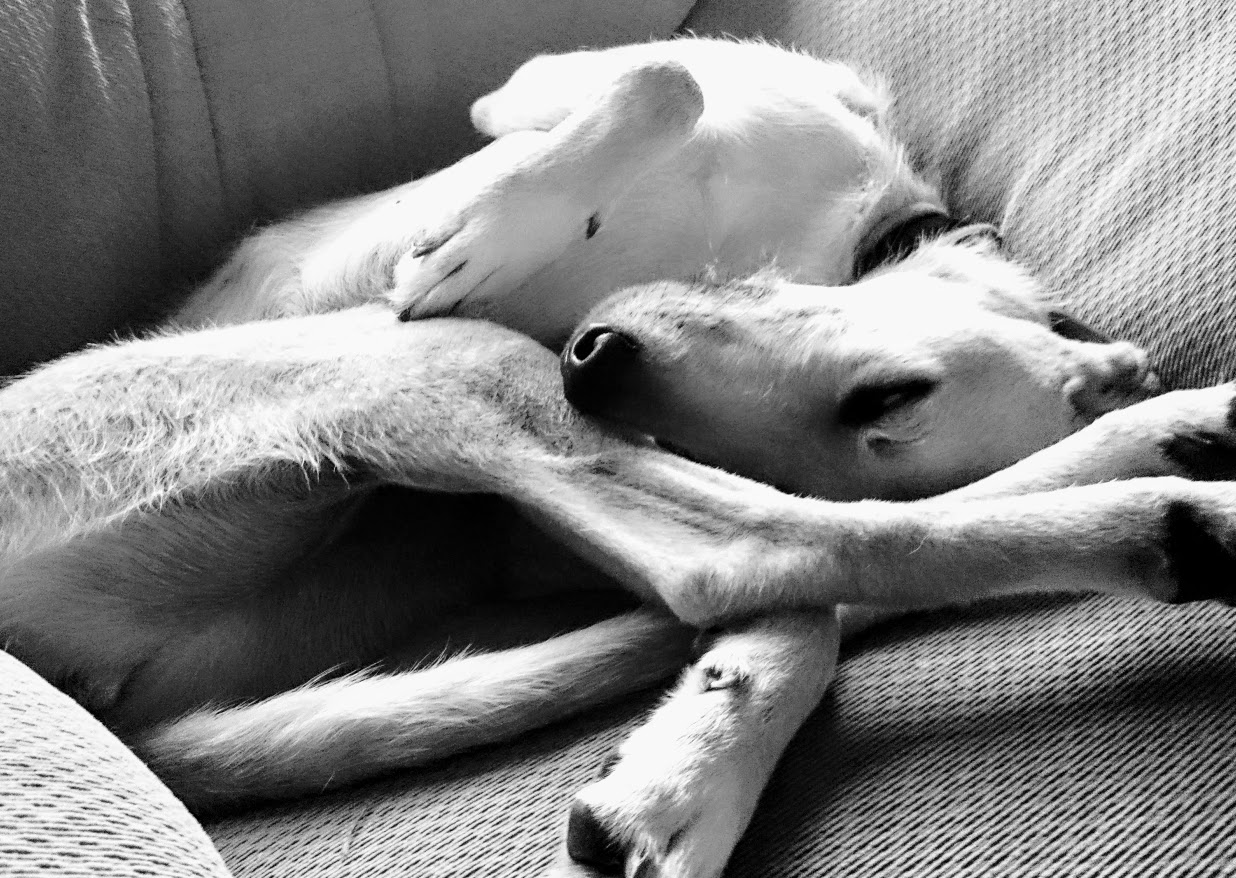Call / 07815 167247
Email [email protected]
Call / 07815 167247
Email [email protected]

Some people are reactive in how they deal with their dog's unwanted behaviour, but being pro-active is the key because that is about setting youself and your dog up for success. That could be everything from having a long line on a dog on the coast path, to how you set up for visitors coming to your home.
Let's look at how being proactive might help you to have more harmony
Very often we will react to our dog’s unwanted behaviour - NO, DOWN, DON'T DO THAT, LEAVE IT! The dog stops what they were doing. Hurrah!
It's a bit tiresome though, isn't it? And this is usually what is happening when I chat to clients ....
Your dog has done something you don’t want them to do.
You have interrupted or distracted them.
They stopped.
Your dog has done it again.
You have interrupted or distracted.
They stopped.
Your dog has done it again.
You have interrupted.
See the issue? Like groundhog day, over and over again.
We need to go back in time a bit. I am thinking wibbly wobbly timey wimey way (Dr Who ref there 😊) of going back to BEFORE the behaviour happened.
How did you get to this predicament of your dog repeating the unwanted behaviour? What caused the behaviour to happen in the first place?
Could you have put management in place?
Could you have engineered the environment in some way?
Could you have trained what you want?
Could you have reacted differently?
When we get stuck in that training mindset, it is easy to miss the obvious.
Notice something? I haven’t mentioned the dog!
There’s a reason for that … it’s not his fault. He could be confused, conflicted, over aroused, or all three. So often I go to see clients and as soon as the dog understands what they are supposed to do I feel I get a look from them that says “Why didn’t you tell me that was what you wanted me to do?”
Let's sort ourselves out first.
 .
.
The easiest way to talk about this is to use an example.
As many of you know, we have the builders in. They have been in and out of the house since 2019 (not surprisingly delays from lockdown!) as we work our way around the building.
Skip to 2023.
Jess LOVES our main builder man.
She welcomes him every morning.
She misses him when he is not in for a day.
The sounds of banging, drilling, cutting, shouting and general nuisance she sleeps through.
She has become so much more confident when anyone comes in the house, happy to come and say hello.
She has got used to settling very quickly after that initial excitement.
You might expect to say that I have trained all of this.
But no.
I was PROACTIVE in what I did to ensure we had the best outcome.
All I ask of our builders it that they shut the gates on the way through and we all live for months as a happy group, understanding each other’s needs and space.
Training-wise I might use and IN or OUT to ask her to move from one room to another, and a blanket to show her where she can rest as we migrate our living space around the house.
Soon we settled into a relaxed rhythm. I have been her rock and adviser when she needs it, but I don’t want to have to spend my life managing her when they are around. On the whole, she manages herself and she is currently asleep at the other end of the house.
Sounds easy? No, not easy. Jess can be a cautious dog in a lot of situations and our measure of any anxiety comes out in her not eating, so we know when things are not right. It just needed a bit of thought and preparation.
Of course, we are not perfect. There are moments when being reactive is a good choice. When the dregs of a burger got left behind in a bag on the living room floor, she was in there clearing it up, but just about came away when asked. When a door got left open and she snuck through before anyone noticed and had a lovely time running around with one of the builder’s gloves.
Was I angry, hell no! Not her fault.
Have I coped with the noise and disruption? … well, that’s another story, I should be more dog!